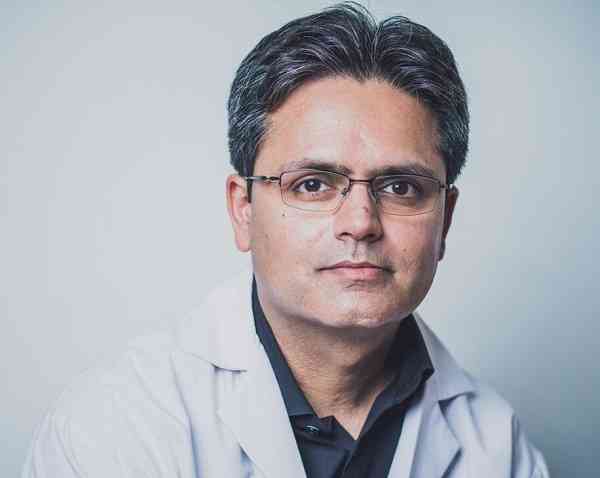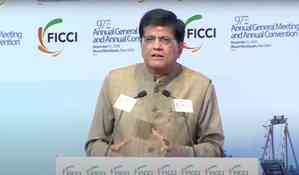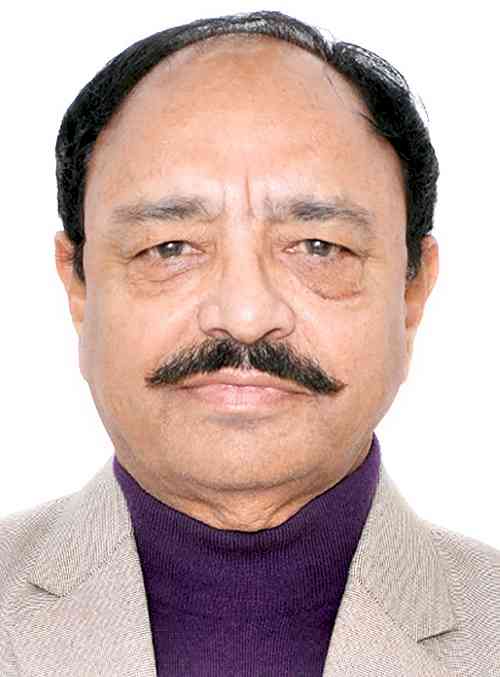Treat Pain like a disease, not like a symptom
The complexities of pain and the fact that surgery or pills cannot resolve all pain issues has been long recognised

Amid the COVID era, people have been conscious about their overall health and wellness. Yet there is a dire need to raise awareness about preventing lifestyle ailments that contributes a major burden on the healthcare sector in the country.
It is believed that persistent pain beyond 3-6 months period can lead to changes in the nervous system which can be responsible for continuing pain even when the original cause of pain is removed. This is the rationale behind the recommendation for early treatment. Chronic pain conditions are amongst the leading causes of disability as even mild joint pain can have a debilitating impact on mobility and quality of life. Poor pain control is not only associated with suffering but also affects one's functional ability, mood and quality of life.
The complexities of pain and the fact that surgery or pills cannot resolve all pain issues has been long recognised. After all it is the pain which brings a patient to the hospital whether it's a slipped disc or a cancer hiding deep inside the tummy, so why should the treatment of pain be a second priority. It is time chronic pain is managed as a disease and not as a symptom. In certain situations where the root cause cannot be removed the emphasis shifts to management of pain and prevention of flare up episodes. Like diabetes and high blood pressure, pain therapy needs to be adjusted from time to time. The concept of pain management is not well appreciated by many and in quest for a cure the suffering is often prolonged.
Increasing emphasis on the quality of life is challenging the medical fraternity to improvise and keep pace with community expectations. A number of new drugs and interventional options for pain treatment have been developed in the last few years.
Besides medications, new interventions such as radiofrequency treatment for knee, hip and shoulder pain offer advantages in terms of being minimally invasive day care procedures without any prolonged rehabilitation requirements and with the potential of offering long lasting pain.
Authored by:
Dr Amod Manocha, Senior Consultant & Head, Pain Management Services, Max Hospital, Saket


 cityairnews
cityairnews 











